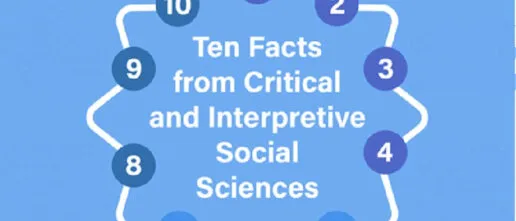Dr Jasper Montana is a Senior Lecturer at the Australian National Centre for the Public Awareness of Science at ANU. Jasper is also an Honorary Research Associate at the School of Geography and the Environment at the University of Oxford, where he was previously a Departmental Lecturer in Human Geography and Research Fellow. Jasper’s current research focus is on the structure and function of governance systems for sustainability and conservation. In a project entitled ‘Grappling with Governance Systems: Biodiversity in the UK Overseas Territories’ funded by the Leverhulme Trust, Jasper is exploring how the objectives, knowledges, and collaborations that are being enacted for biodiversity in the UK Overseas Territories might inform approaches to sustainability and conservation more broadly. There are 14 UK Overseas Territories stretching from the Antarctic to the tropics and the governance arrangements that operate across these territories are as diverse as they are distributed. As well as being home to diverse communities, these territories host a rich array of plant and animal species that are found nowhere else in the world. Working with social research methods, this project aims to develop theoretical and practical insights about who participates in governance and why; and how different contexts influence the purpose and design of governance activities.
Related Projects

From greening to wellbeing: Multi-scale analysis of green infrastructure and mental health at population level within the UK
A mixed methods investigation into how green infrastructure influences mental health across diverse communities and landscapes in the UK

Participatory governance of nature recovery and Nature-based Solutions.
Co-designing knowledge, evidence, and practitioner guidance for engagement processes that enhance the delivery of benefits for people, nature, and climate

Social ecological mapping for nature recovery
Developing social ecological maps for land use planning, investment and inclusive decision-making.

Innovative methods to connect and communicate between disciplines
Establishing evidence-based methods to bridge scientific fields for nature recovery.
Related Outputs
Equity in unilateral value chain policies: A monitoring framework for the EUDR and beyond
Unilateral value chain policies have recently emerged as a key strategy of international land use governance. They’re part of a broader trend towards trade-based environmental policies, from corporate due diligence to sustainability certification and trade moratoria, that has been critiqued for reinforcing inequities in global trade. Such critique has been heightened by the current rise […]
Interdisciplinary Catalyst Activities – Field Work Tennis
In pairs, participants engage in back-and-forth conversations that are constructed to either accept or reject suggestions from the offering partner, with role-playing around an environmental research/restoration theme. This layered activity helps think through interdisciplinary critique as productive—rather than a hinderance—in research design and execution. More information on the wokshop this activity was developed for here […]
Interdisciplinary Catalyst Activities – Object of Significance
Three groups engage in role-play, each group independently develops their own ‘rituals’ around a provided object, and these are then shared. The activity helps think about research and decision making when meanings placed on objects and ideas in the environment are different or in conflict between groups of people. More information on the wokshop this […]
Large-scale social surveys on people and nature relations: Report on the state of the art in the UK
Jasper Montana, Clare Ferguson and Tom Marshall Collecting reliable and consistent data about people’s relationship with the natural environment is likely to be crucial to effective policy delivery by governments. Social surveys are a prominent tool in delivering this insight. In the UK, surveys on people’s relationship with nature are run by government bodies, nongovernmental […]




